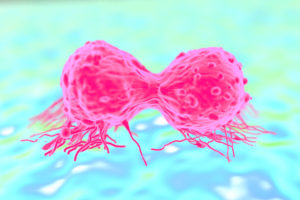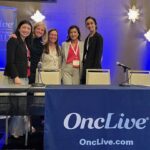Some of the risk-factors associated with breast cancer — being a woman, your age, family history and your genetics, for example — can’t be changed.
Other factors — being overweight, lack of exercise, smoking cigarettes, and eating unhealthy food — can be changed by making choices. By choosing the healthiest lifestyle options possible, you can empower yourself and make sure your breast cancer risk is as low as possible.

What are some of the top Breast Cancer Risk-Factors to Consider?
- Having a family history of breast cancer. The risk for developing breast cancer increases for those who have a history of breast cancer in the family, particularly in first-degree relatives. The risk is double with one affected first-degree relative and triple with two affected first-degree relatives. Having a personal history of breast cancer. The risk for developing another breast cancer increases if you have had a prior history of breast cancer.
- Getting older. The risk for developing breast cancer increases with increasing age. The median age of diagnosis of breast cancer is sixty-one.
- Inherited mutations. Approximately 5% to 10% of breast cancer cases are thought to be hereditary, meaning that they result directly from gene defects (called mutations) passed on from a parent. The most common mutations known to cause breast cancer are the BRCA1 and BRCA2 mutations. If you or a family member has a history of breast cancer, you can meet with one of our genetic counselors to discuss whether you should be tested for any of these mutations.
- Having dense breast tissue. Women who have dense breast tissue have a slightly higher risk of breast cancer compared to women with less dense breast tissue. Dense breast tissue can also make it harder for radiologists to detect cancer. Talk to your doctor about what it means for you if you have dense breast tissue.
- Early menstruation (periods) and/or late menopause. Women who have had more menstrual cycles because they started menstruating early (before age 12) or went through menopause later (after age 55) have a slightly higher risk of breast cancer.
- Hormone replacement therapy. A major study called the Women’s Health Initiative study showed that taking combined estrogen-progestin replacement therapy (EPT) increased the risk for developing breast cancer and that the risk increased with longer use of EPT. The risk returns to that of a woman who has never used hormone replacement (usual risk) within three years of stopping hormones.
- Prior Exposure to Chest Radiation: The risk for developing breast cancer increases for those who have received prior chest radiation, such as for the treatment for lymphoma. Talk to your doctor about whether the recommendations for screening for breast cancer for you are different from those recommended for the general population.
Learn More about Breast Cancer Here
If you would like to meet with our Genetics Team and understand what your risk is, Please contact us today for a Genetic Risk Assessment. Our integrated team comprised of oncologists, genetic counselors, nurse practitioners and nurse specialists have received special training related to inherited cancers and are available to help you understand your level of risk and provide personalized medical recommendations based on personal and/or family history of cancer.
If you would like to schedule an appointment for our Genetics Team, please contact us today:







